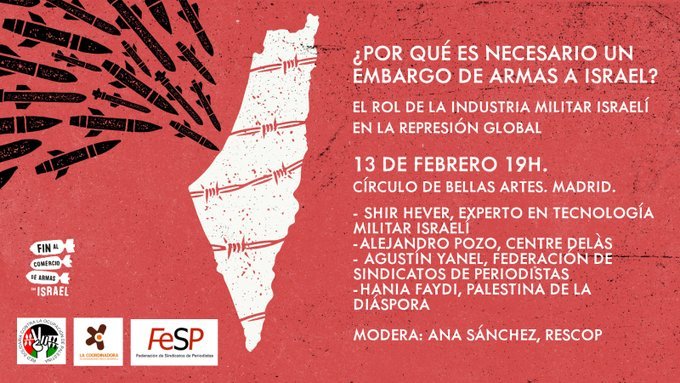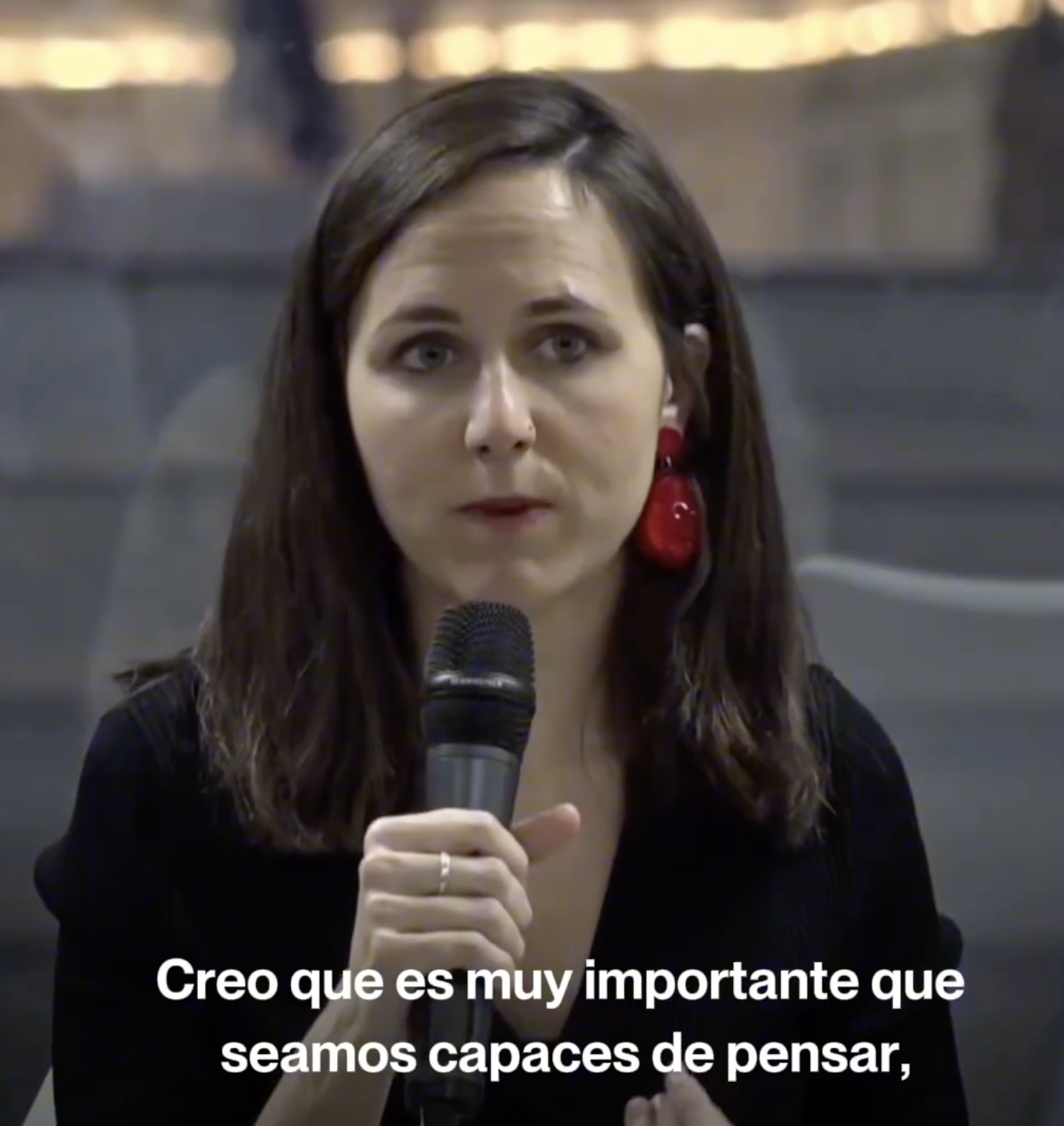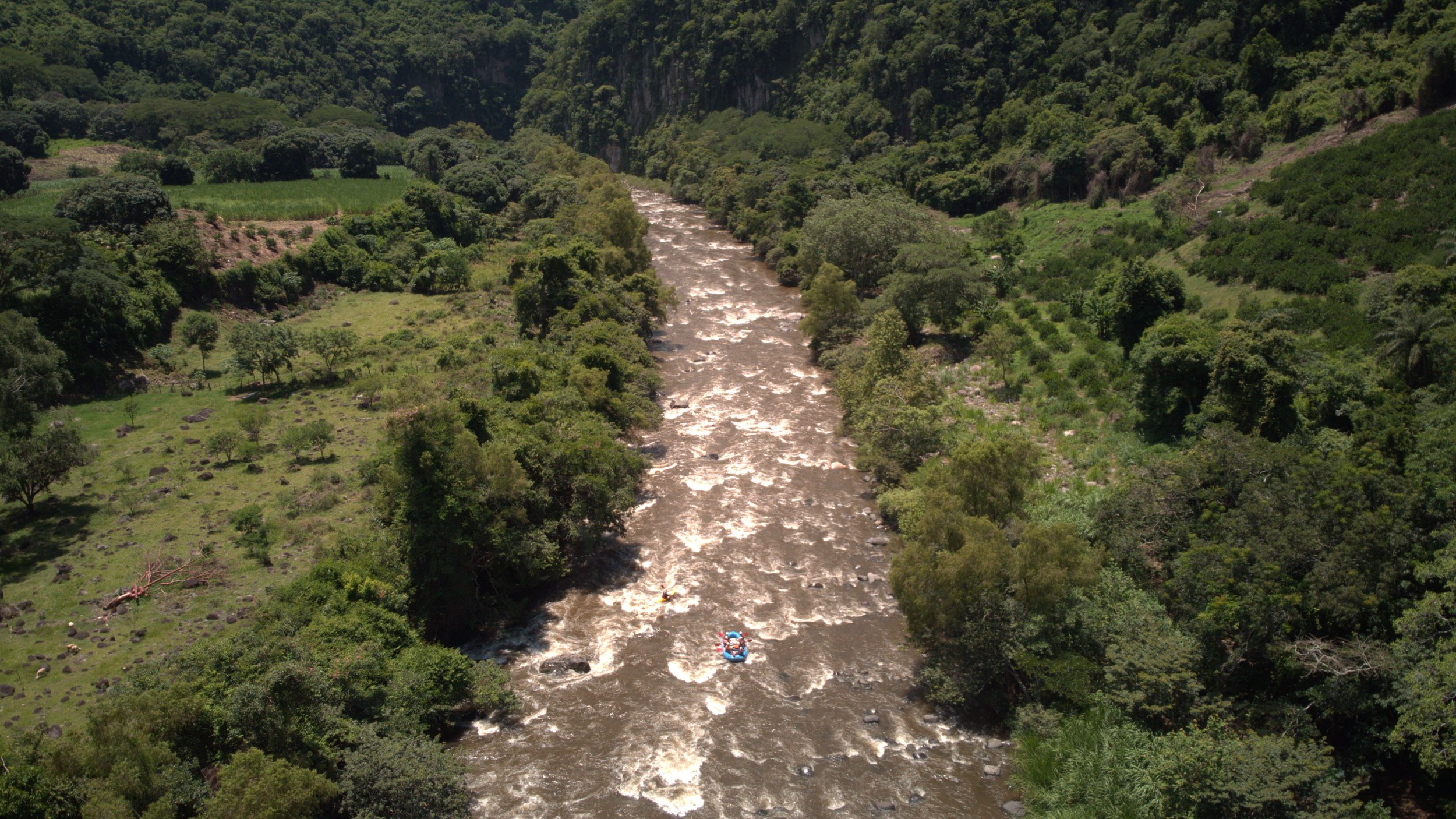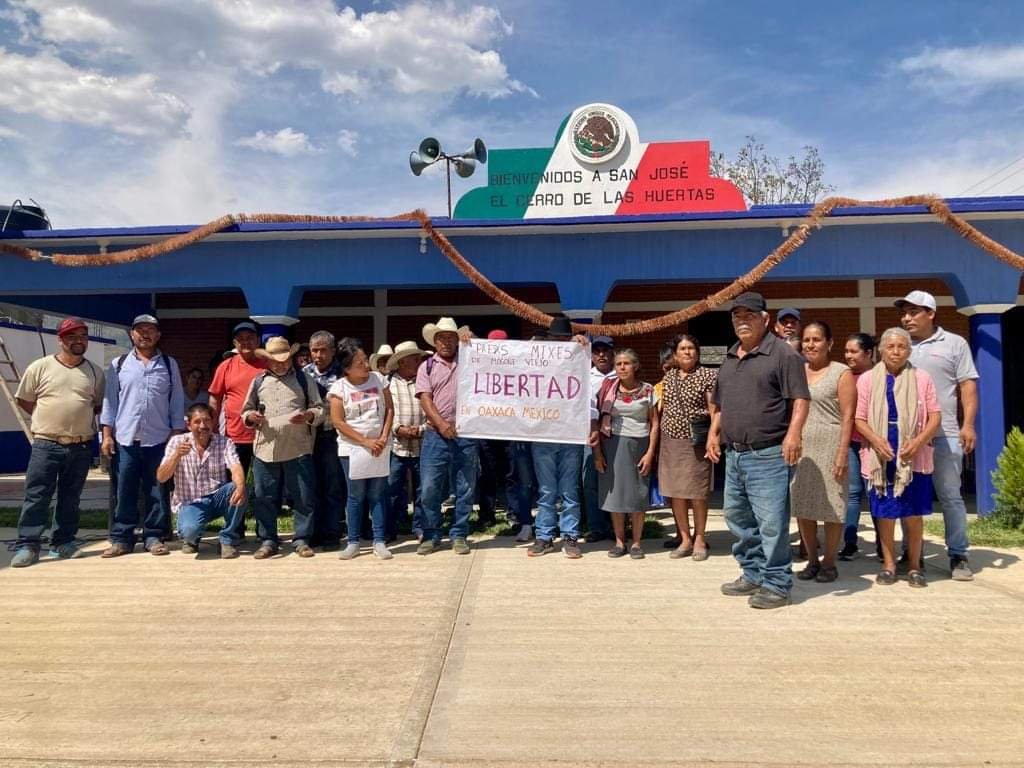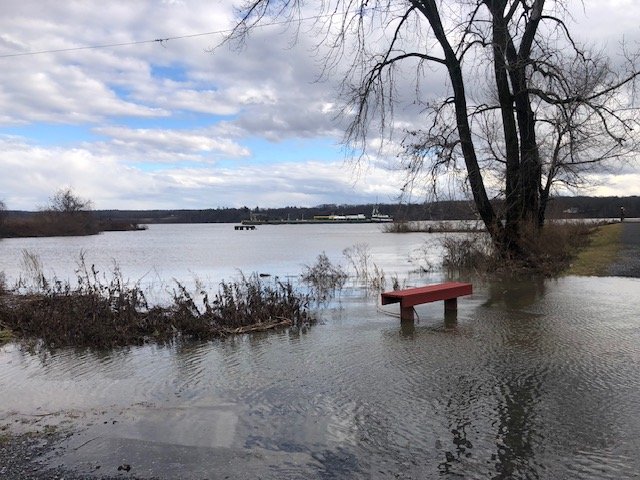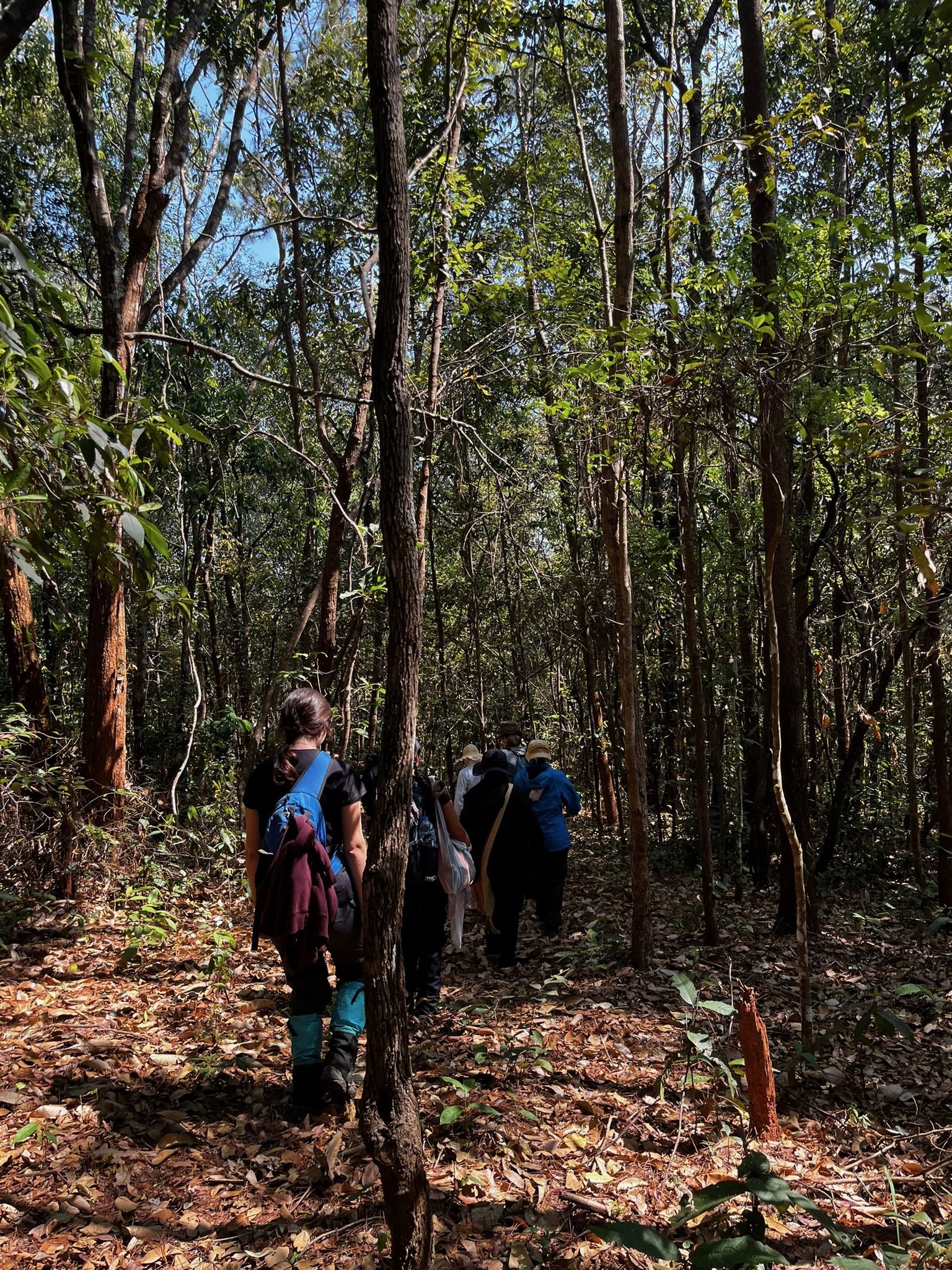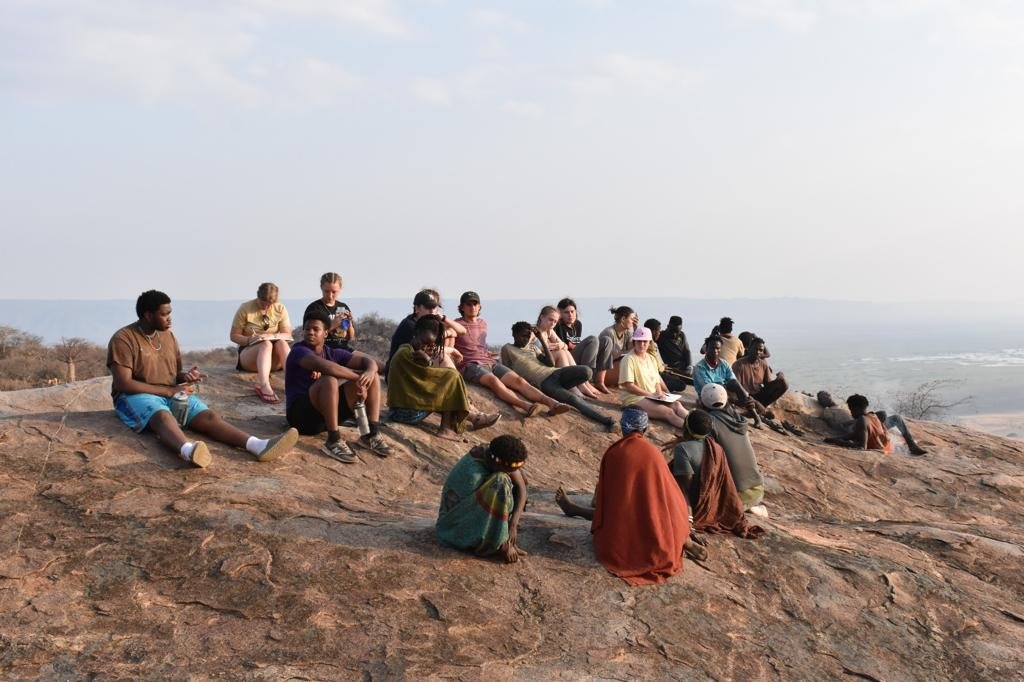
Stories
News

Analysis
Voices
Podcast
Announcements
Events

All Stories
How Copenhagen’s Most Devastating Rain Storm Inspired Climate Adaptation and Reunited a Community
On the evening of an otherwise warm and comfortable June day in 2011, Copenhagen, Denmark, experienced a rare but intense natural disaster that would forever change its approach to climate resilience.
6 Key Takeaways from Spain’s “Debate of 7”
In my first article from Spain, I set the stage for the country’s upcoming national elections on July 23, focusing on the threat posed by resurgent fascist movements. Now it’s time to dig deeper into the complex political dynamics animating the campaign as well as some of the social forces shaping how the campaign is being waged and covered in the media.
Spain: Here Come the Fascists (Who Never Really Left)
In just over two weeks, Spanish voters will go to the polls for national elections, and the implications - both within and beyond the country - couldn’t be more far-reaching. I just arrived in Madrid and will be spending the next 12 months here, and I hope to provide Weave News readers with a critical, justice-oriented perspective that might be missing from much of the mainstream media coverage of Spanish politics. So, why are these elections so important?
We Are Not Powerless: Advocating For Clean Water and the Rights of Rivers
Recently, wildfire smoke darkened our skies in northern New York, making being outside unpleasant to downright unhealthy. We experienced what it’s like when something fundamental that we take for granted, such as clean air, isn’t available. Here in the North Country, far from big cities, we expect clean air; yet we were powerless to do anything about the air pollution we were suddenly suffering. Clean water is also fundamental to our well-being. We expect our waterways to be clean and healthy, but clean water is under threat from pollution.
The Battle for Quinta Torre Arias: From Common Ground to Private Playground
Once a noble countryside estate, Quinta Torre Arias is now a public park in the Spanish capital, Madrid, with gardens that welcome the community. However, current Madrid mayor, José Luiz Martínez-Almeida of the People’s Party, has different plans for the park, and the threat of its return to privatization looms.
Danish Energy Resilience: Local Decisions With Global Implications
While much of the world uses the energy crisis as an excuse to invest more in fossil fuels, the small country of Denmark has taken an alternative route. Through direct government action and promoting the adoption of renewable energy, Denmark is accelerating the achievement of its climate goals while breaking its dependence on Russian fossil fuel supplies.
8M Demonstration in Madrid: Where Women’s Struggles Meet Workers’ Struggles
The color purple took over the main streets of Madrid. Thousands of women and allies holding up signs were waiting for the demonstration to begin. I have never seen so many people gathered together – people from all ages and backgrounds prepared for this rally to begin.
Incendiary Commentary: The Ninots of Las Fallas, Valencia
A fiery tradition in Valencia, Spain, called Las Fallas is held annually from March 1 to 19. Festivities happen throughout the day and night, including firework shows like the grandiose and explosive Nit del Foc on March 18, which uses between two to 4.5 tons of gunpowder, and parades such as La Ofrenda and Mascleta. On March 19, the burning of freestanding doll-like figures called ninots, La Cremà, makes the city a chaotic playground that reflects upon social and political realities of the day.
Gentrification and Resistance in Lavapiés
I was excited to learn more about this neighborhood and explore it myself. I come from a multicultural neighborhood in New York City, where my community is home to hundreds of immigrants. I was raised by immigrants myself, so I wondered if Lavapiés would remind me of home. However, the professor explained that there is a major problem occurring in Lavapiés: gentrification.
Remember the T in LGBTQIA+: Trans Community Faces Increasing Violence in Coastal Kenya
Recently Kenya has come into the global spotlight following the murder of fashion designer, model, and LGBTQIA+ activist Edwin Chiloba in a suspected hate crime in January 2023. However, there are LGBTQIA+ people in Kenya who rarely make it into the global and even national media spotlight - people like Wayne, a monitor with the Center for Minority Rights, who is working to protect and support LGBTQIA+ people in the coastal region of Kenya.
Sharks and Rays Belong on Australia’s Protected Species Lists
The Australian government has incorporated marine life into its Threatened Species Action Plan for the first time ever, but experts warn that the government's failure to address marine species and aquatic predators, such as rays and sharks, could threaten the entire ecosystem.
Lavapiés: The Perfect Place for Rebellion
Since January 2022, Spain, like much of Europe, has suffered a prolonged drought exacerbated by climate change. Luckily, activist groups such as Extinction Rebellion are paving the way for a revolution to fight the destruction caused by our inaction against climate change. Recently I came across some of Extinction Rebellion’s powerful visuals while walking through the Lavapiés neighborhood in the Spanish capital, Madrid.
NPR’s Celebration of German Public Memory: A Study in Colonial Amnesia
By acknowledging only the Jewish victims of the Holocaust, Martin and Smith’s conversation actually illustrates the failure of Germany to be “honest about its past harms.” For example, there is an urgent need to overcome the collective denial surrounding Germany’s history of colonization and genocide.
Criminalizing Solidarity: The Eternal Fascist Playbook
Here’s the thing: Fascists hate solidarity. At a minimum, they want you to laugh at people who embrace the solidarity impulse and who act accordingly. At a maximum, they want you to support the criminalization and violent suppression of this impulse. What this means is that acting out of solidarity is a fundamental part of the larger project of fighting fascism - a project whose global urgency is growing by the day.
Agroforestry: A New Restoration Horizon for Brazil's Most Degraded Forest Biome
In biomes hurt by urban sprawl and agricultural advancement, understanding the potential of solutions that integrate human and agricultural systems will help bridge the well-being of the population and the environment. That is why agroforestry has attracted the attention of farmers, researchers and policy makers in the last decade as a new horizon for forest conservation in tropical regions like the Atlantic biome.
Migration in Denmark: Context and Current Debates
In her first article for our Weaving the Streets series, Janeil Speid reports on the complicated history and current reality of immigration in Denmark, where the country’s liberal image sits uneasily with a reality of hostility toward some of the country’s newest immigrants.
The Struggle for Quality Employment in the North Country: Beyond Prisons and the Military
In this article, I wanted to go beyond simply presenting statistics to illustrate the extent of unemployment or economic insecurity in the North Country. I thought it was important to discuss how dependence on the military-industrial complex and the prison-industrial complex make the region's economy vulnerable, negatively impacting workers and their families.
The Myth of Responsible Mining Debunked: Venezuela’s Orinoco Mining Arc
n 2016, Venezuela’s government designated the Orinoco Mining Arc for extractive activities. What is allegedly envisioned as a development zone, meant to increase the mining revenue of the nation, is in fact an epicenter for human rights violations, illicit mineral extraction and ecocide. However, the authoritarian Maduro regime continuously denies and distances itself from these crimes. As this analysis shows, in officialist Venezuelan media outlets, many things are left unsaid regarding this highly contested territory.
Why Do People Do Graffiti?
According to Art Journal, “there are many possible purposes for graffiti: it can be to tell a story, highlight a certain moment in time where things went wrong or right, describe people, politics, culture, art, places and society together; express yourself anonymously, or just be another art form.” However, that is only a partial answer. The actual reason why people do graffiti is much more complex and involves learning a bit of history —making it impossible to summarize in one sentence.
Privatizing Sacred Spaces: How a New Guatemalan Law Threatens the Mayan Nation
In early May, the Congress of the Republic of Guatemala introduced the first reading of Initiative 5923 or, the “Law for the Rescue of Pre-Hispanic Heritage” (Ley para el Rescate del Patrimonio Prehispánico). Despite the bill’s ambiguously progressive-sounding title, the reading was met with disappointment, outrage, and alarm from the many Indigenous Mayan peoples of Guatemala and their allies from around the world.



